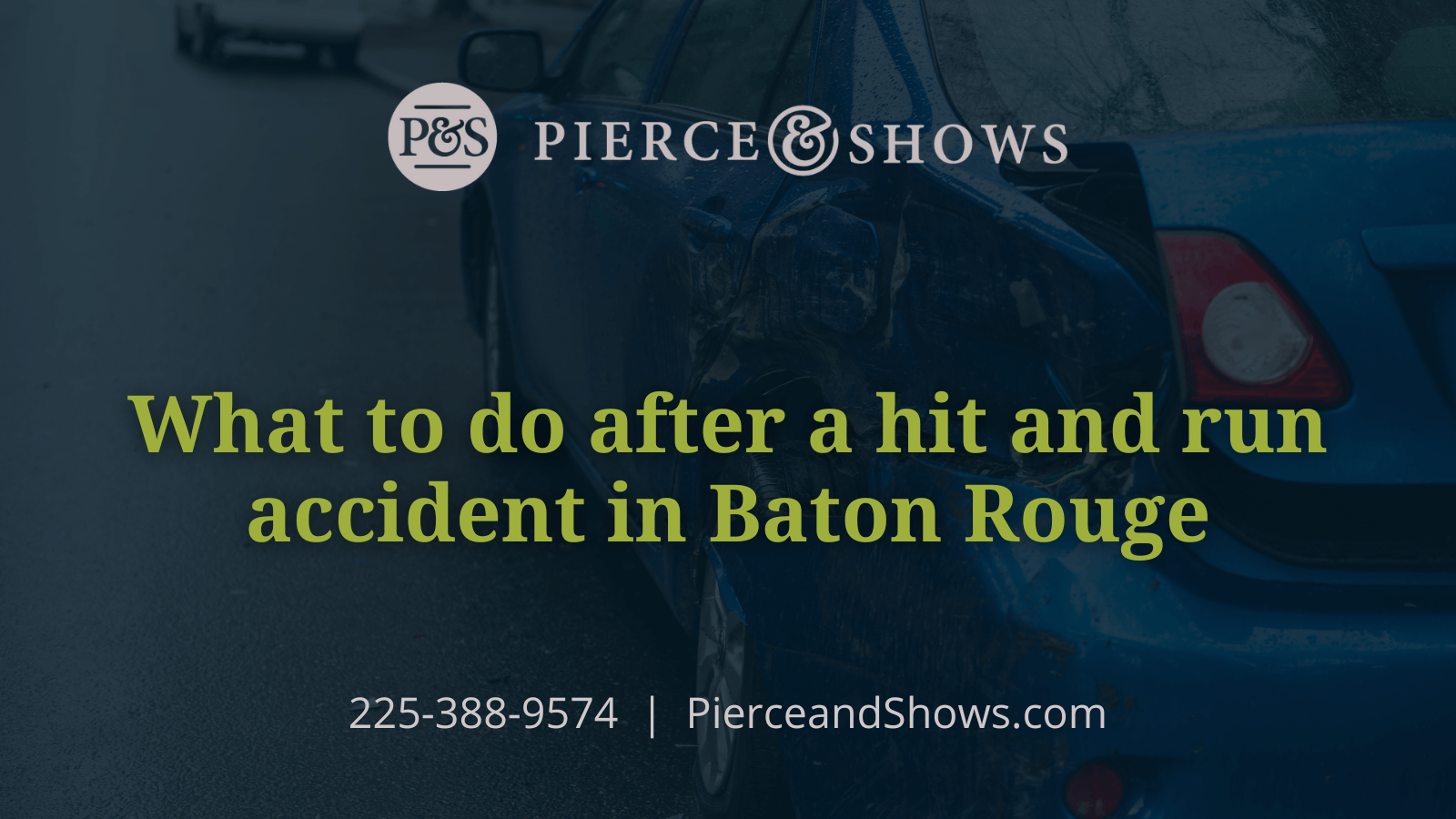It’s 2021, and technology has come a long way in the last few decades – not only regarding what is available, but the price tag as well.
One technological development that has become ubiquitous in recent years is the dashcam, a small camera mounted in the front or back of a vehicle.
Dashcams can help drivers in the case of a car accident, and potentially in the case of a lawsuit, but it’s important to consider the relevant laws in Louisiana.
Pierce & Shows are Baton Rouge-based attorneys who know the ins and outs of automobile laws, including evolving technology such as dashcams. Read on for these car accident attorneys’ breakdown of what Louisiana drivers should know about dashcams and how they could potentially help your case.
How does a dashcam work?
Short for dashboard camera, dashcams are cameras that are mounted onto or attached to the inside of a car’s windshield.
Though the name might suggest they’re attached to the dashboard itself, they usually attach to the windshield with a suction cup.
Most dashcams record both audio and video footage and are available in single, dual, and four-channel versions. Here’s a quick guide to the differences between these types of dashcams:
- A single-channel dashcam is a forward-facing recorder that looks out of the front windshield,
- A dual/double channel dashcam captures footage from both the front and the rear of the vehicle with two cameras.
- A four-channel dashcam captures feed from all four directions, although these are extremely rare in passenger cars.
How can a dashboard cam help my lawsuit?
Dashcams can help take the guesswork out of accidents that may cause disputes.
For example, here are some of the benefits:
- The footage can be used to support your insurance claim.
- You can use it to defend your position in case of a traffic violation fine or court proceedings.
- It offers parked vehicles protection from vandals and hit-and-run drivers as it captures details on the people responsible for the property damage.
- Business owners can use a dashcam to keep track of their fleet and monitor driver/employee behavior.
- Finally, it can help to capture the beauty of scenic routes that you may miss while driving.
Are there any cons to using a dashcam?
A dashcam can be a double-edged sword, and while there are pros to having one, there are also cons. Footage can be used against you.
Since Louisiana is an at-fault state, it can implicate you in a couple of ways:
- You rear-ended someone
- You were speeding
- You ran a red light
- You weren’t paying attention
Also, it is essential to note that dashcams have limited memory, and some of them are programmed to re-record over past footage. Be mindful of this in case of an accident.
In a nutshell, the camera will provide a view of what happened without prejudice. Due to the nature of at-fault states, you can be viewed as partially responsible, which could impact your claim.
Louisiana Laws that Affect Dashcams
Before you go rushing off to buy your first dashcam, there are two important Louisiana laws to consider.
- First, they are not technically legal in Louisiana. Since there has been no official prohibition on them, and they have been used in court cases, the legality probably isn’t a major risk. But it’s still worth being mindful of your dashcam and getting a relatively small unit that does not obstruct your view.
- The second important consideration is privacy laws. If you are a driver who wishes to record the goings-on inside your cab or ride-share vehicle, you should have a sign clearly visible in the vehicle giving notice to any passenger that the vehicle is being monitored. If the sign is clearly visible, then you can assume that passengers are giving consent by staying in the vehicle after receiving notice.
Contact Pierce & Shows Personal Injury Attorneys Today
While dash cams can be your friend in the case of a car accident, they can’t represent you in court. We can.
Baton Rouge personal injury Pierce & Shows can help you after you have gotten into a car accident. We want to make sure that your best interests are taken into account and to protect your rights.
If you or a loved one have been involved in a car accident, contact our practice to learn more about your rights to compensation and a free consultation.




